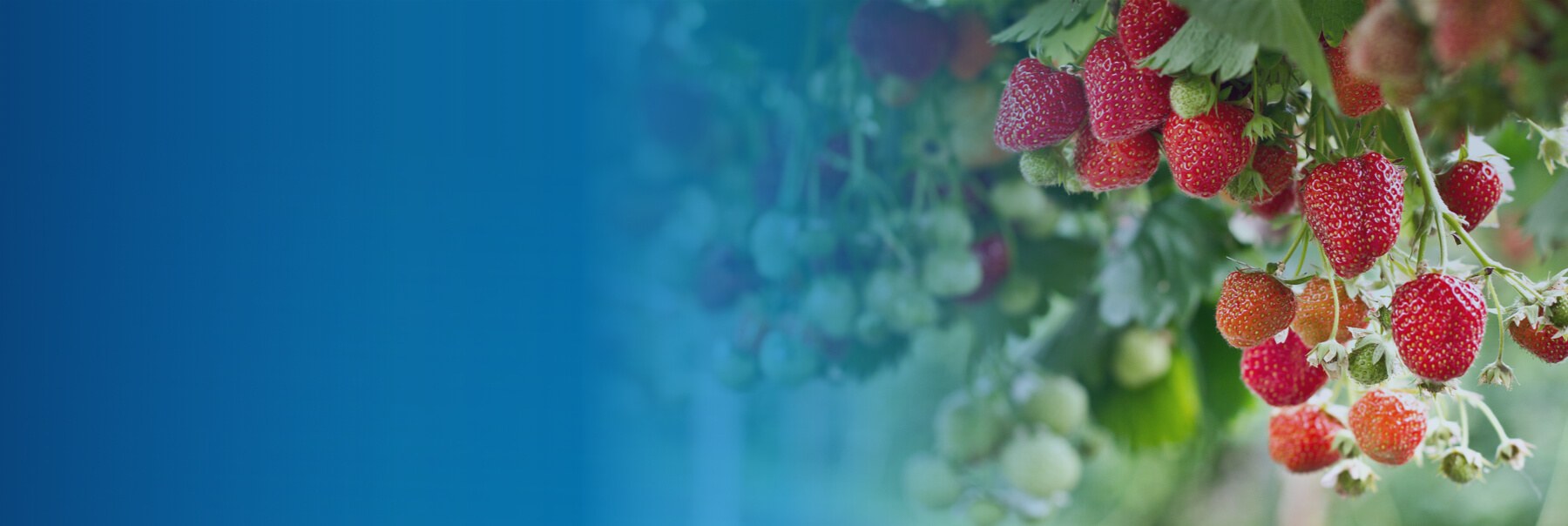Sam Feller is co-founder of gourmet popcorn brand Popcorn Shed and was the keynote speaker at one of our recent Food Business Breakfasts. Founded in 2016 (in a garden shed!), Popcorn Shed has quickly grown to be one of the leading artisanal brands in the sector. With a track record of innovation and a focus on flavour, they are now stocked in a wide range of outlets including Selfridges, Ocado and Harvey Nichols, as well as being available via their online shop at www.popcornshed.com.
One business success
- There have been many highlights, but one that we are really proud of is our success in export markets. Recent ones that come to mind include realising that our products are on the shelves of more than 1,000 retailers worldwide including far-off countries like Japan, Sweden and Australia! I particularly enjoyed being featured on national TV on a shopping channel and more recently on BBC News! It's amazing to think that we have grown the business in 4 years from storing popcorn in our garden shed to a leading international popcorn brand.
Two challenges for the sector
- One of the main challenges we have faced in 4 years is that the traditional 'bricks and mortar' retail sector is shrinking. Popcorn is typically an impulse snack, so for the brand, being on retail shelves is really important. For the business, this has meant increased focus and investment in our web presence and digital channels as consumer shopping habits have changed to buying more of their food online. To some extent, the pandemic has accelerated the change as people have moved online for their shop, so it has simply brought forward plans which we already had in place.
- Another challenge we have faced has been in the margin expectations from retailers. At the same time, core consumer behaviour has not changed - expecting regular promotions, and always shopping around to seek out the best price. This has generally meant that our margins have been squeezed. I think it's a trend we see happening across the food sector in a number of different categories as many retailers will look to trim their listings further as they rationalise the products they stock after the pandemic.
Three forecasts for the sector
- We forecast a sustained increase in interest in food labelling and 'free from' products. Veganism has already increased 700% in a year and is set to continue rising in the foreseeable future, with more and more consumers taking more interest in ingredients and allergens labelling. Producers need to be clear and transparent about what is in the products they make and make sure their own supply chains are free from ‘hidden’ dangers.
- Sugar-free is a rising trend we are seeing, with sales of our cheese and savoury flavours up massively year on year. We forecast that this trend will continue, with health being high up on the agenda of many consumers, trying to keep healthy and lower their sugar intake. In addition, of course, the Government is increasingly focusing on the health of the nation with their food policy, and brands will need to adapt to this to protect their position and maximise the potential of opportunities as they arise.
- The rise of artisanal food brands seems set to continue, with consumers demanding ever-increasing brand choices. Premiumisation has been a key driver for this trend, with consumers showing a willingness to spend a little more on everyday food items as they are considered 'luxurious' whilst being relatively low-ticket items, therefore eminently affordable to the average consumer.
August 2020
